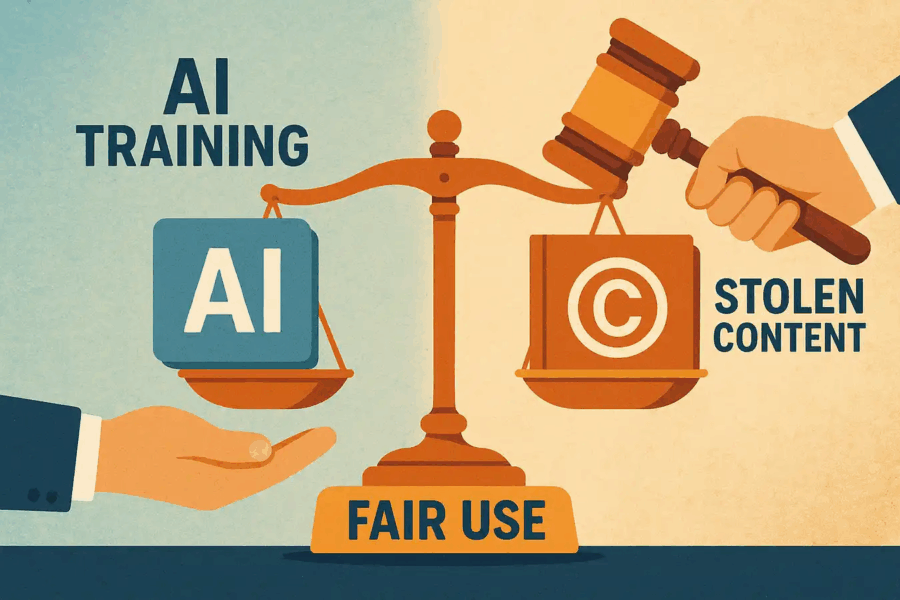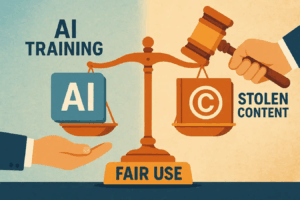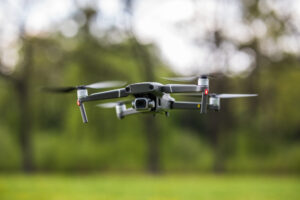The Coldplay Couple: A Cautionary Tale
By: Karina Chatha
This past summer, the world was locked in the drama of internet strangers with the “Coldplay Couple”. The incident occurred over a KissCam at a Coldplay concert, where the camera caught a man and a woman in an embrace.[1] However, once they realized they were on camera, they ducked and hid their faces, leading Chris Martin, Coldplay’s singer, to quip “either they’re having an affair or they’re very shy.”[2] Someone in the crowd recorded the KissCam on the Jumbotron and uploaded the video to the popular video-sharing platform, TikTok.

















